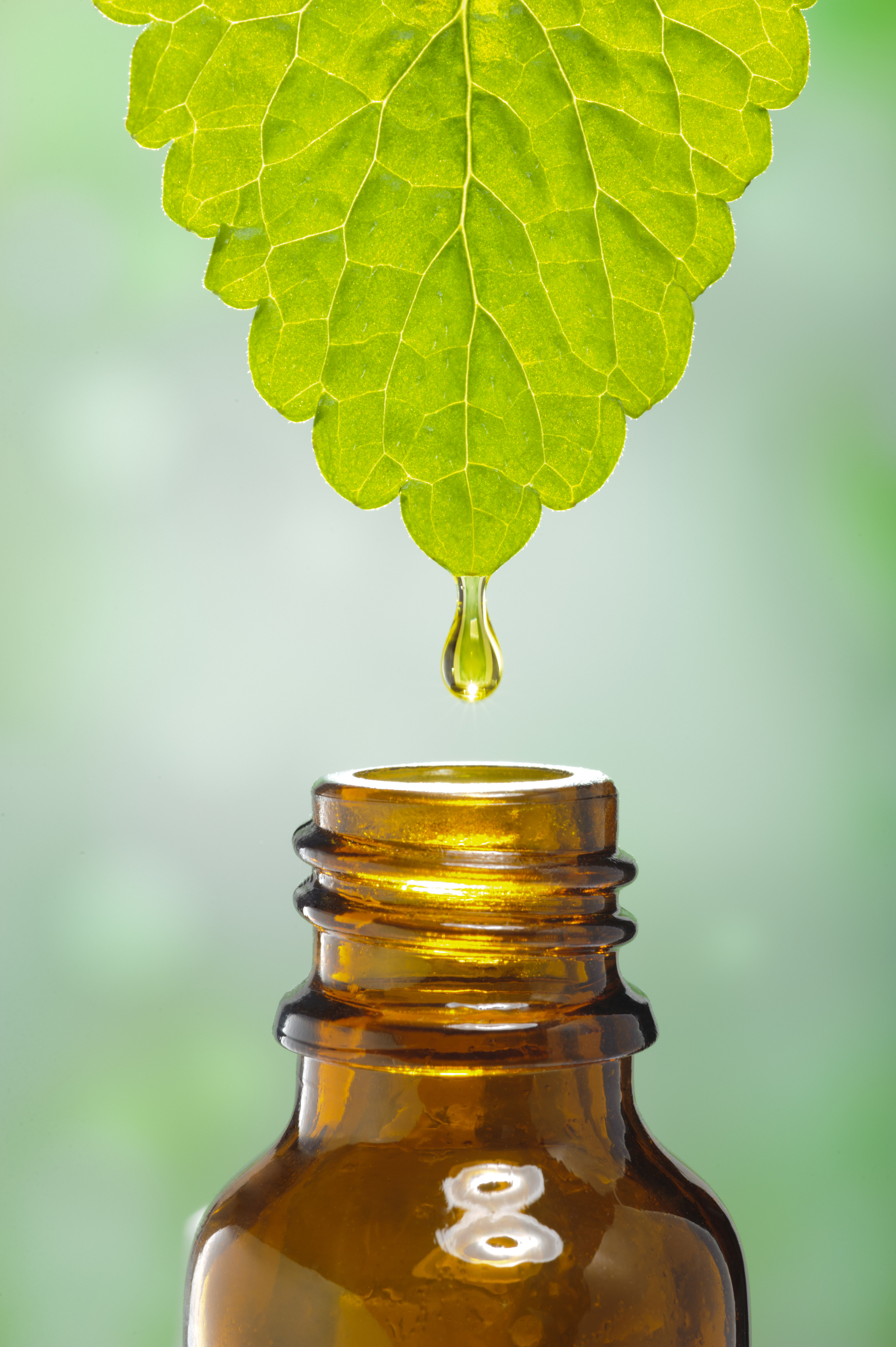Author: Shernide Delva
Just this Tuesday, the Drug Enforcement Administration displayed a notice of intent in the Federal Register to place Kratom on Schedule I of the Controlled Substances Act. In the notice, the DEA says the active components of kratom are an “imminent hazard to the public safety.” As a result, the DEA announced that it would temporary ban the two main chemicals found in kratom.
Beginning September 30, the two main ingredients of kratom (mitragynine and 7-hydroxymitragynine) will classify as Schedule I substances. Kratom will soon join Heroin, Pot, and Cocaine on the Schedule I Controlled Substance List.
What is Kratom?
Kratom is an herbal supplement that many advocates believe to be an effective treatment for chronic pain, depression, and has become a drug many use to relieve themselves of opioid withdrawals. However, the Food and Drug Administration, as well as law enforcement officials and medical professionals, have noted kratom as a potentially harmful substance. Several states have already banned the plant; however regulation proved difficult due to kratom’s status as an herbal supplement.
The announcement occurred on Wednesday and garnered a very controversial response. Some users believe kratom provides a peaceful effect and insist the drug is not addictive. On the other hand, many users found the drug to be very addictive.
Kratom: Conflicting Viewpoints
One woman overjoyed with the news was Lauren Eden who told Channel 9 news that her son killed himself because of his addiction to kratom. Since his death, she fought to make kratom illegal.
“I am so surprised that all of this is happening because I didn’t even know this was in the works,” Eden said. “Maybe our son didn’t die in vain. Maybe our son sacrificed his life for another life.”
Furthermore, The CDC issued a report recently stating that intoxication from kratom was the cause fo more than 600 calls to poison control centers between 2010 and 2014. Still, advocates believe many of these cases were a result of kratom reacting with other illegal drugs.
To put kratom’s risk into perspective, the poison control center received close to 7000 reports of young children ingesting single-load laundry pods in the first seven months of 2016. Advocates say the number of incidents involving kratom is relatively low when comparing these numbers.
The new ruling by the DEA may keep kratom on the Controlled Substances list for up to two years. This is until the Department of Health and Human Services completes its studies on the plant. If findings determine that kratom is a public health threat, the ban would remain.
“I fear for all of the people who found kratom to be a solution for them to get off things like heroin,” said Susan Ash, founder, and director of the American Kratom Association told STAT. “I foresee a large jump in the already epidemic proportions of opiate deaths in this country.”
DEA Argues That Public Comment Is Unnecessary
Whether you an advocate of kratom or not, the DEA released a statement saying that public comment would be unnecessary. In an effort of protecting the public, the DEA feels the ban should go through without public commentary.
“The Administrator finds that there is good cause to forgo the notice and comment requirements of section 553, as any further delays in the process for issuance of temporary scheduling orders would be impracticable and contrary to the public interest.”
Until the ban goes through, Kratom remains legal in Florida, except for in Sarasota County. Therefore, for those who find the drug beneficial, the controversy behind the recent rescheduling heats up before the official ban.
What do you think of the ban? Is the DEA acting in the interest of the public? Regardless, any substance has the potential for abuse. If you are struggling, do not wait. Call toll-free today.
